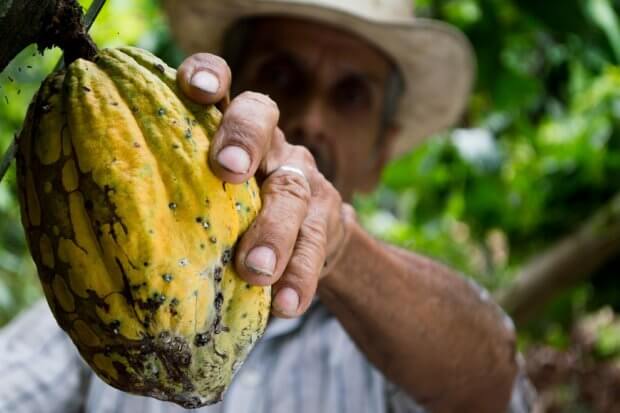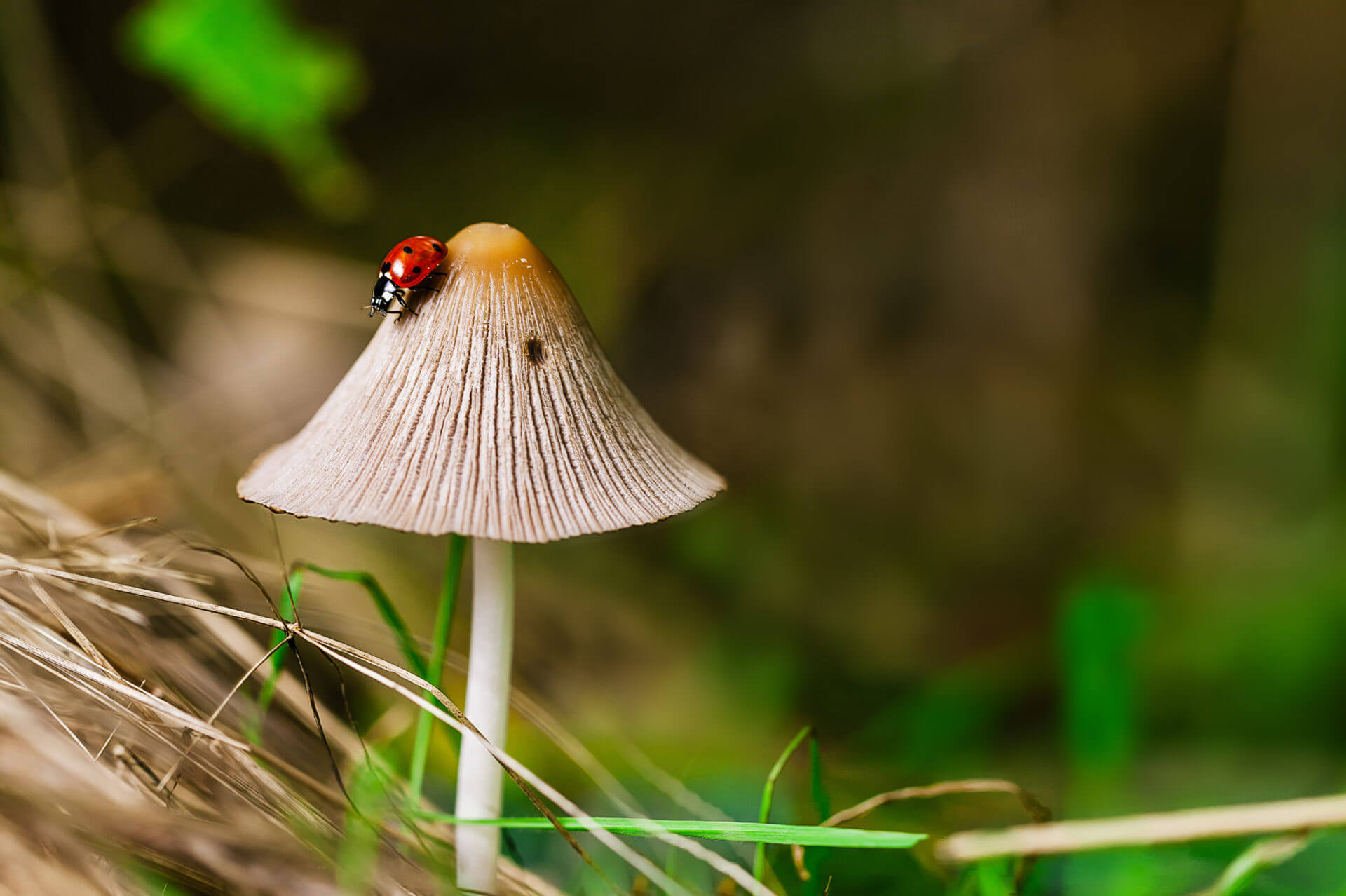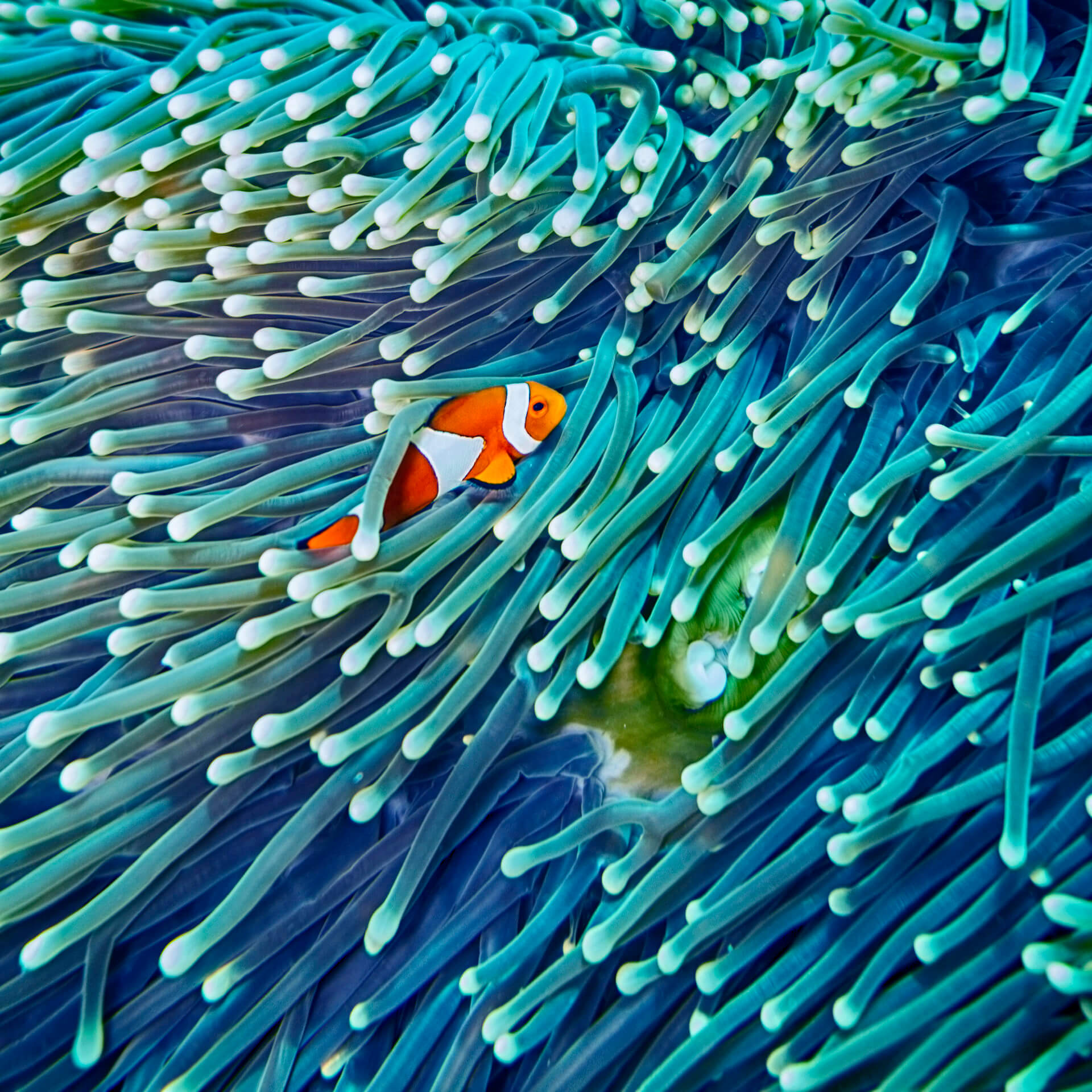
Worried experts at the bedside of biodiversity
In three years, 550 volunteer experts from 100 countries have compiled 10,000 scientific publications, supplemented by statistical data and an inventory of local traditional knowledge. The aim of this huge work coordinated by the Intergovernmental Science-Policy Platform on Biodiversity and Ecosystem Services (IPBES) was to provide global decision-makers with five reports on the state of global biodiversity.
One report by region, namely for Africa, for the Americas, for Asia Pacific and for Europe and Central Asia – excluding poles and oceans. A fifth report looks at the state of the world’s soils. Each report was then summarised in a non-binding policy note negotiated by the representatives of the Member States meeting at the end of March in Medellín, Colombia.
The analysis favoured an approach to nature through ecosystem services, without considering the decline of animal and plant species as a loss in itself. But this decline in fauna and flora in all the regions studied threatens the economy, livelihoods, self-reliance, food security and quality of life of people around the world.
Let’s take a tour around the world…
In Africa, the last sanctuary for large mammals, many species are threatened by deforestation, unsustainable farming practices, environmentally unsustainable mining activities, invasive species or climate change. An additional source of concern is that Africa’s population is expected to double by 2050.
In Asia-Pacific, the main threats are climate change, invasive species, increased agricultural exploitation and overfishing. Despite some successes in protecting vital ecosystems such as marine and forest areas, progress is insufficient.
The Americas have undergone deep changes in landscapes marked by human domination. Local knowledge about forest culture and management is disappearing.
In Europe and Central Asia, the main threat is the intensification of agriculture and forestry combined with intensive use of agrochemicals (pesticides and fertilizers). Natural resources are consumed at a frantic rate that does not allow their replacement. Climate change will also increasingly weigh on this unsustainable exploitation, and hence on biodiversity.
The fifth report looks at the state of the soils worldwide, which are increasingly degraded by pollution, deforestation, mining and unsustainable farming practices that impoverish them.
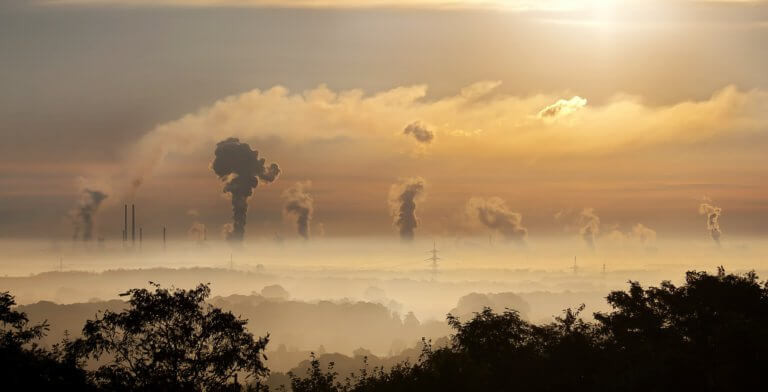
These five reports lead the experts to evoke a sixth mass extinction of species on Earth. Species extinction has accelerated since 1900 at a rate equivalent to that of the extinction of dinosaurs 65 million years ago.
“The good news is it is not too late. What we need is sustainable production, adequate funding, free of subsidies”, said Robert Watson, chair of IPBES. He also stressed the need for responsible food and sustainable production: “We do not all have to become vegetarians. But a more balanced diet, with less beef, more chicken, more vegetables… can really help relieve the pressure both on climate change and biodiversity. We are undermining our own future well-being!”
IPBES reports also suggest ways to minimise the impact of human activities on the environment: create more protected areas, restore degraded areas and develop sustainable agriculture.
“We must take biodiversity into account in our way of managing agriculture, fishing, forest, land,” said the chairman of IPBES, aware that the world’s population will continue to grow, so its needs too. “The world is wasting about 40% of the food it produces. If we could reduce food waste, we will not necessarily have to double its production in the next 50 years,” he suggested.
At its next plenary meeting in May 2019, IPBES will produce a global biodiversity assessment.
The news seems alarming for biodiversity, but solutions are within reach for all of us. We can eat a more balanced diet with less beef, more chicken and vegetables. It is time for responsible transport and energy behaviour to minimise our impact on climate change. And finally, it is essential that we reduce food waste and promote sustainable livestock and agricultural supply.
Actus Associés

Regenerative development and design: improving governance, innovation and planetary health
Humans have pushed several planetary boundaries out of their safe operating space and inequalities within and between countries are rising… Our current societal and environmental challenges require a meta-response. This is what Regenerative Development and Design (RDD) aims to bring.
See more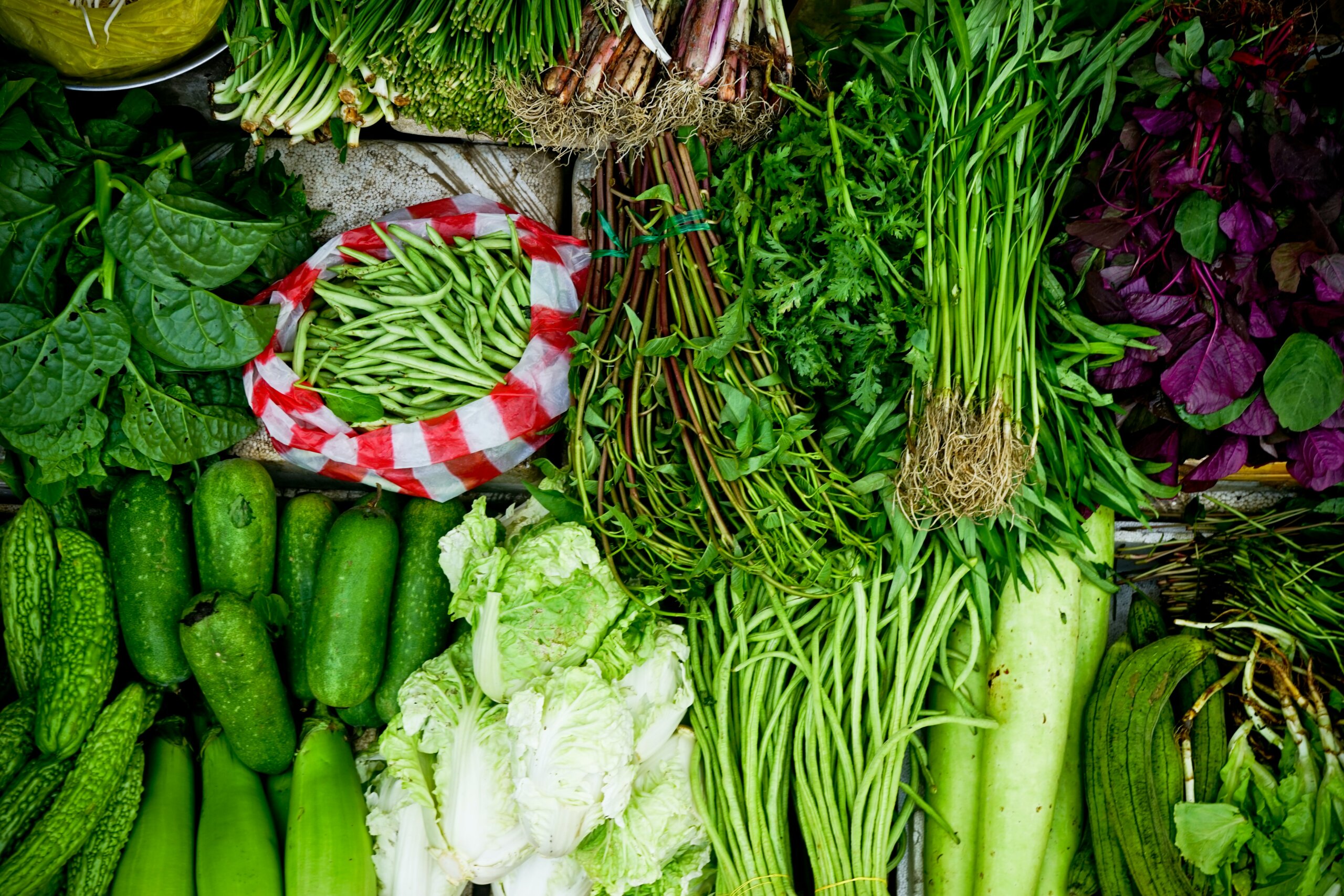
Save biodiversity by eating better
Our food choices have significant effects on biodiversity and ecosystems, but also on our health. Among other things, intensive meat production is responsible for the destruction of many ecosystems around the world and excessive meat consumption is a source of various diseases. Yet demand is growing on an increasingly populated planet with limited natural resources. As individuals, do we have a role to play in mitigating this trend in a globalised world? The answer is yes!
See more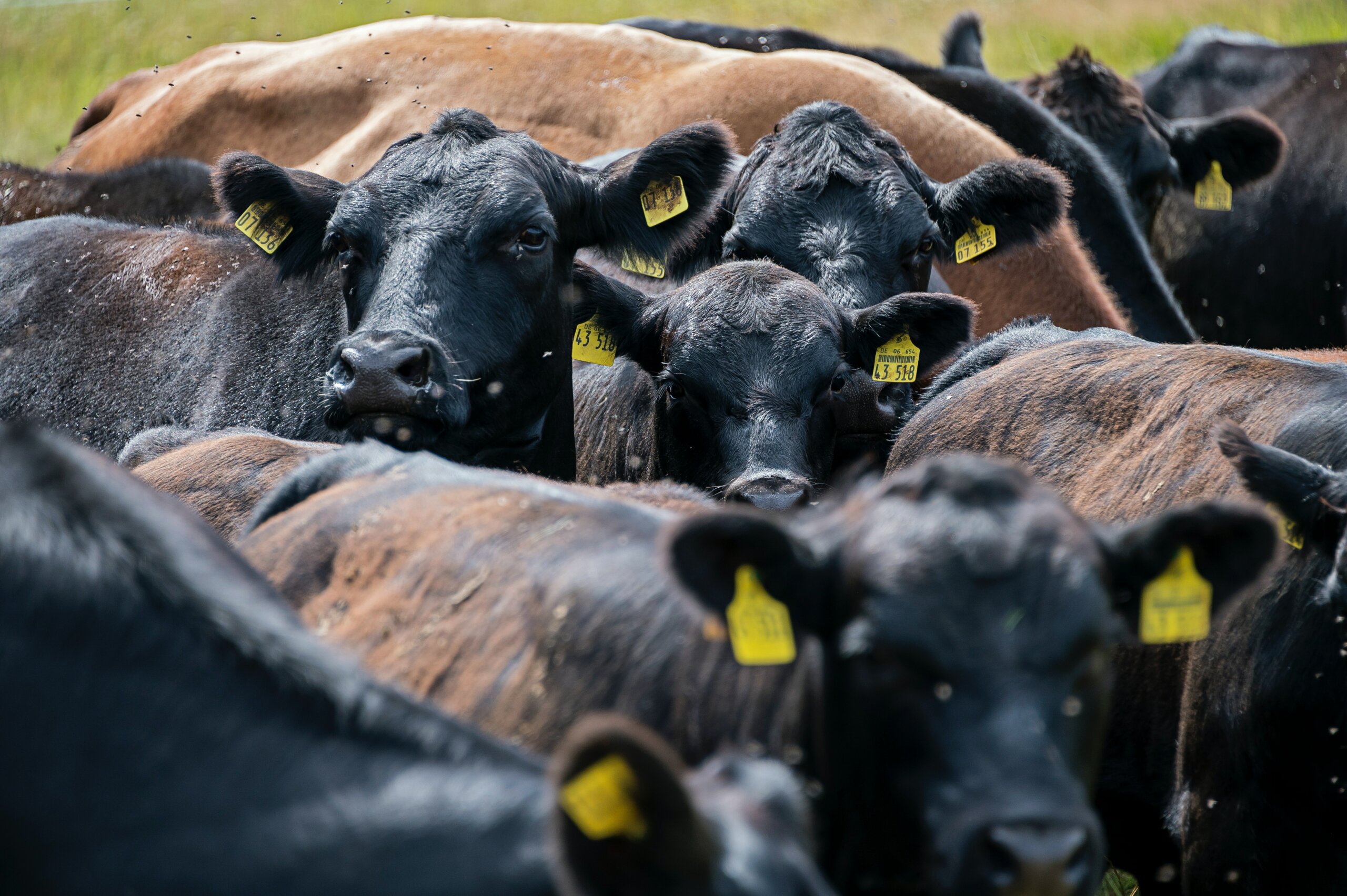
A very meaty diet: what consequences for biodiversity?
Did you know that, in the European Union, the food industry is the main cause of environmental damage, followed by housing and mobility?[1] Although many consumers are aware of this, we tend to underestimate the effects of our eating habits on the environment.[2] While this is not good news, it does mean that our choices can make a real difference. But can we really protect biodiversity at mealtimes?
See more

